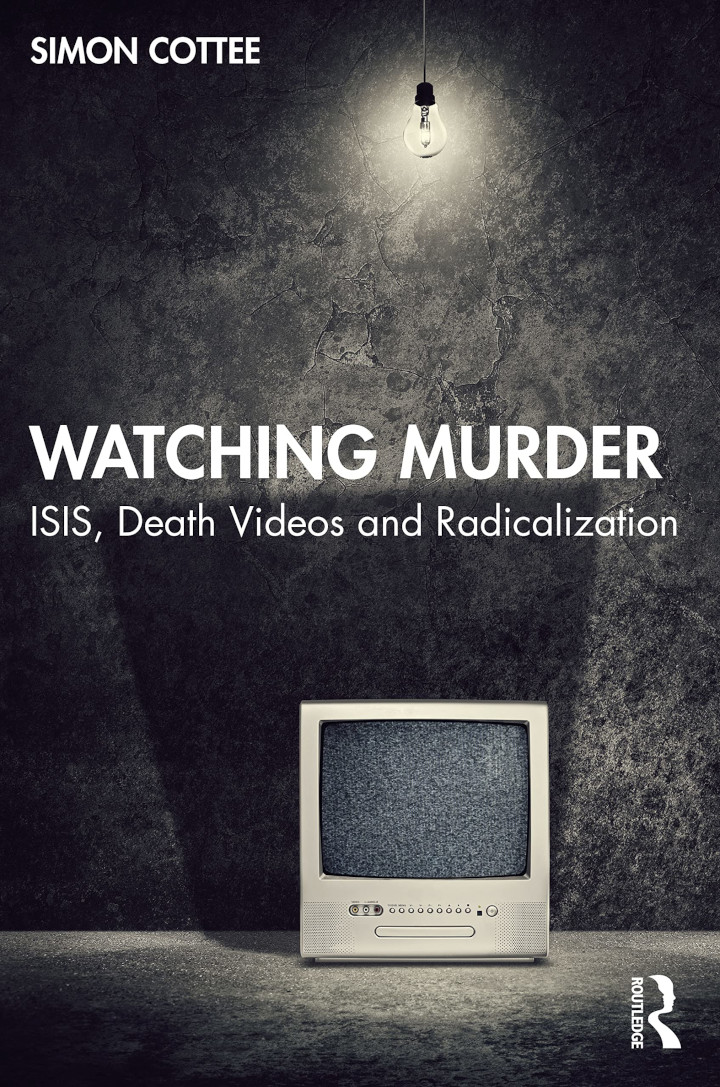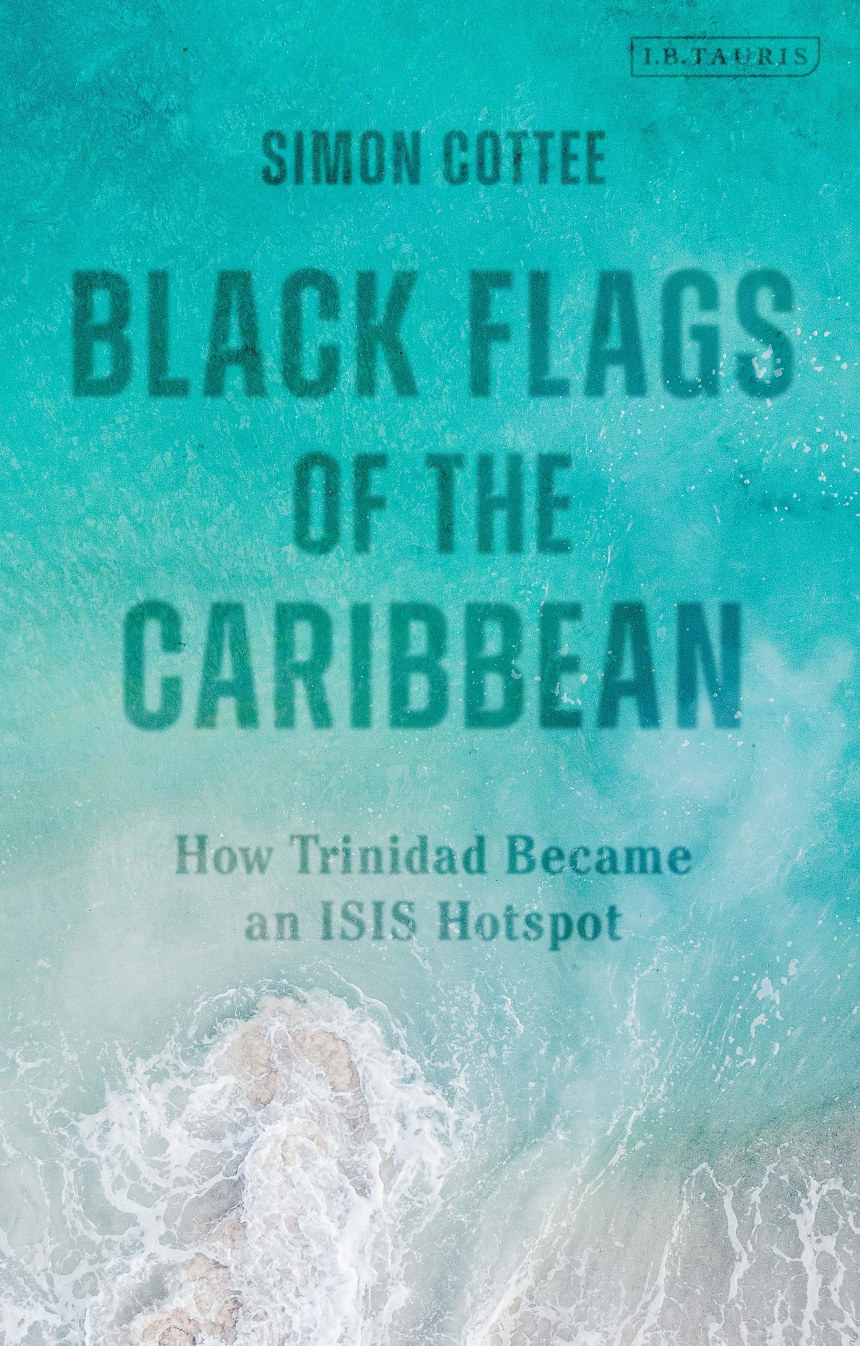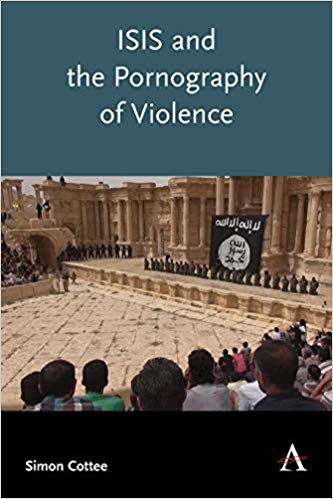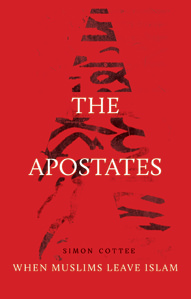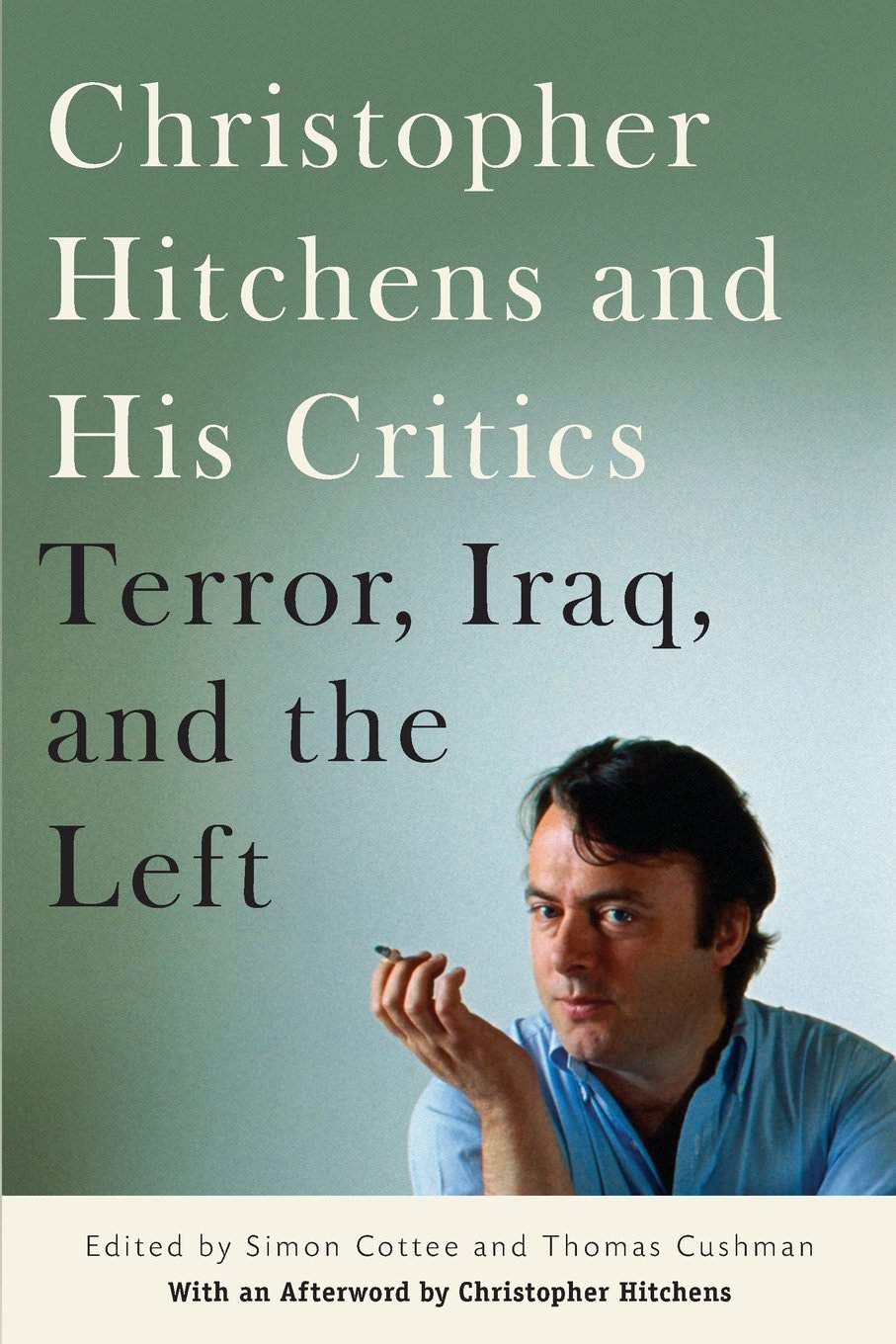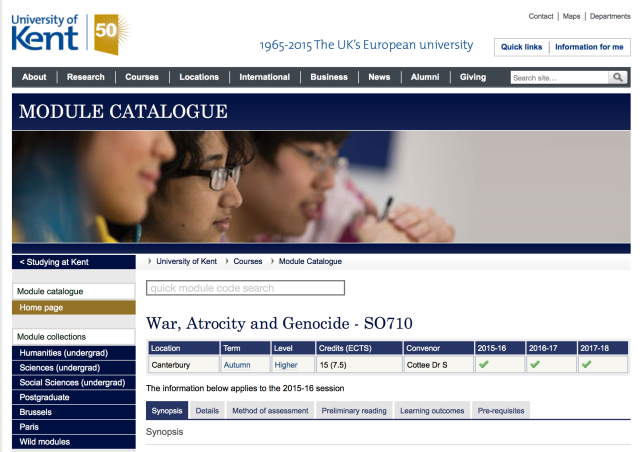
This is an interdisciplinary module on war, atrocity and genocide. Drawing on a range of sources from military history, social psychology, sociology, criminology, political ethics and political history, it is concerned to explore the following questions: What is war and why is it a matter of criminological and sociological interest? What are the defining experiences and emotions associated with war and genocide? How is killing in war framed or ‘constructed’ in the minds of those who kill? What is mass killing/genocide and how is it accomplished and facilitated in war? Why is rape used so widely as a weapon in conflict situations and what is its lasting impact? What is genocide and how should it best be understood? How are atrocities in war denied, excused or rationalized? The aim of the module is to provide a framework for thinking about (1) the phenomenology of killing in war; (2) the conditions which facilitate genocide and mass killing at the state and sub state level; and (3) the ways in which perpetrators of mass killing, their apologists and distant others contrive to deny, rationalize or legitimize mass killing/genocide
